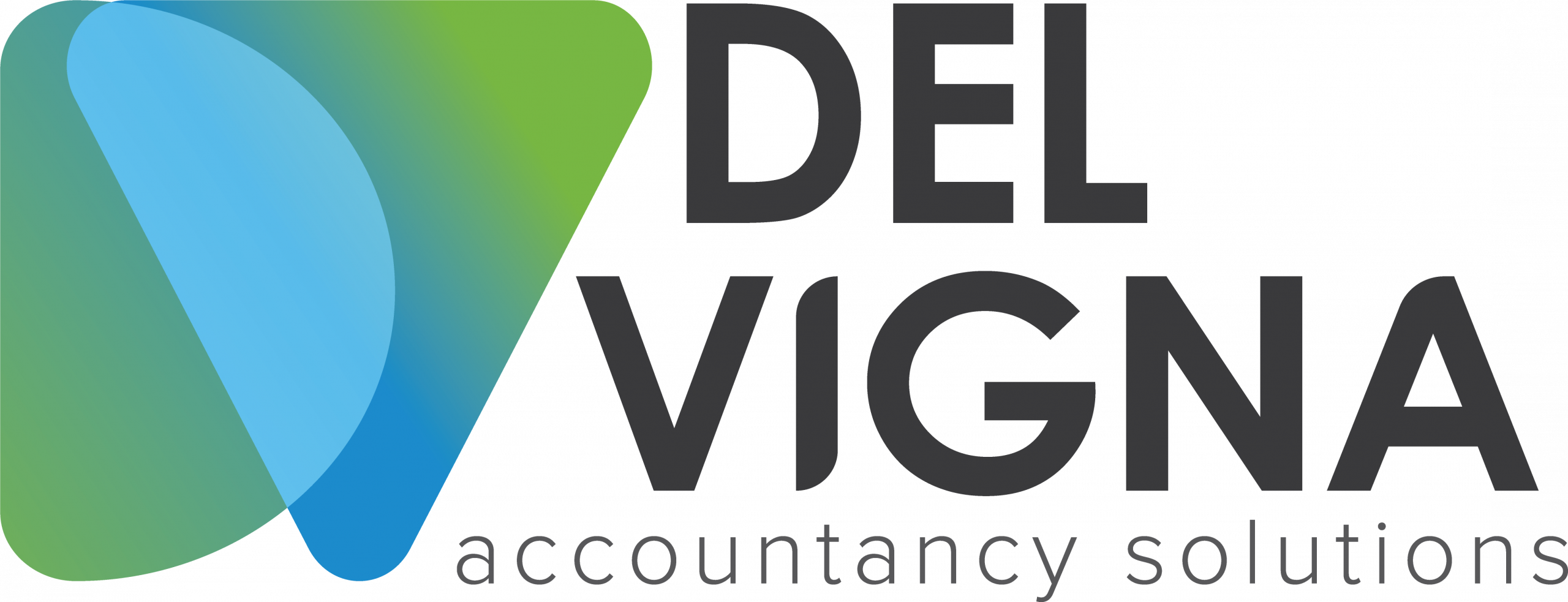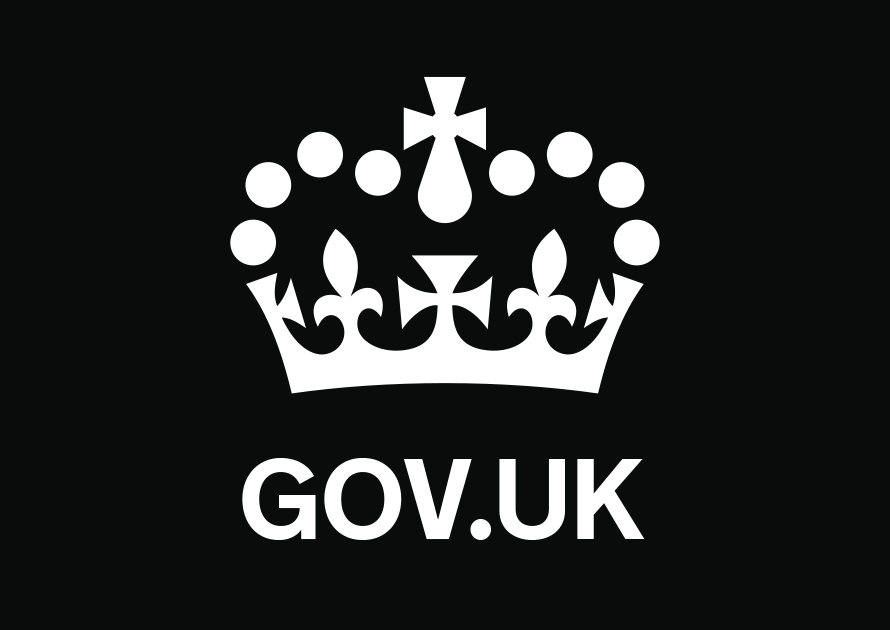A customs debt is the amount you owe for import or export duties. Import duty is any customs duties payable on goods imported into the UK or EU, such as:
Customs debt notification
If HMRC believes you’re liable for customs debt, we’ll send you a letter to let you know the decision we intend to make. You have 30 days from the date the letter was issued to reply with any information that might affect this decision — this is known as your ‘right to be heard’.
If you do not reply within 30 days, or the information you’ve given does not change HMRC’s decision, you’ll receive a post clearance demand note (C18) to tell you that the customs debt is now due, along with instructions on how to pay.
If you still disagree with the decision you can submit an appeal.
HMRC have 3 years from the date the customs debt was owed to notify you about it. This is normally the date of the customs entry. The 3-year notification period also applies to the repayment and remission process, and one year for rejected imports.
If a customs debt is the result of an act that involved criminal court proceedings, at the time it was committed, the notification and recovery process can still happen after the 3-year limit — this includes voluntary disclosure claims. This can be extended to a minimum of 5 years and a maximum of 10 years under Union Customs for entries before 31 December 2020.
For entries after 1 January 2021 Taxation (Cross-border Trade) Act 2018, the notification period can be extended up to 20 years.
Make a voluntary disclosure
You can submit a voluntary disclosure to report an underpayment for the import of goods for customs duties and import VAT. A business or representative can submit a voluntary disclosure to HMRC for the following:
-
errors or mistakes identified after the original customs declaration has been submitted
-
before the importation or exportation of goods has taken place, where there is a failure to submit a customs declaration allowing the release of goods into free circulation
A voluntary disclosure can be submitted at any time to make adjustments or amendments not identified on the original customs declaration form. A C18 demand note will be issued to collect the underpayment.
How to submit a voluntary disclosure claim
You can use form C2001 to declare an underpayment for the import of goods declared through Customs Handling of Import and Export Freight (CHIEF) or Customs Declaration Service (CDS). This will result in a charge (C18) being raised for the extra duty or VAT due.
Where a higher figure is calculated, HMRC will let the agent or consignee submitting the C2001 form know, before a C18 demand note is issued to collect the additional customs debt.
If you made your declarations using CHIEF
You should report the underpayment using form C2001. You’ll receive a payment slip you can use to make the payment.
If you made your declarations using the Customs Declaration Service
You should report the underpayment using form C2001CDS. You’ll receive a payment slip you can use to make the payment.
Interest on customs debt
You’ll be charged interest on any debts paid more than 10 days after the issue of the C18. You’ll be notified of the interest charge separately, after payment of the debt.
Who is liable
The person or organisation who made the customs declaration relating to the goods being imported is liable for the customs debt (the debtor).
If you are the declarant but use an agent or representative to make a customs declaration on your behalf, they may be liable depending on the type of representation.
VAT Groups
The debtor will be the member company which makes the customs declaration and potentially an agent acting on their behalf, depending on the type of representation.
Someone dealing with customs for you
A person or organisation (the principal) may appoint an agent to act on their behalf, provided the agent is established within the UK for customs purposes.
Types of representation
There are 2 types of representation. They are:
-
direct representation, where the representative acts in the principal’s name — using code 2 in box 14 of the customs declaration
-
indirect representation, where the representative acts in their own name but on behalf of the principal — using code 3 in box 14 of the customs declaration
The representative will be acting in their own name (and on their own behalf) if they are either:
You should keep written confirmation of the type of representation agreed between the agent and the principal.
Direct representation
If an agent acts as a direct representative of the principal, the principal is solely liable for the customs debt.
But if the principal gives clear instructions and the agent makes a deliberate or unreasonable error, the agent may become jointly and severally liable.
If the agent is the holder of the authorisation for a customs procedure (such as inward processing or a customs warehouse) that the goods have been placed under, they’ll be responsible for any debt owed as a result of:
If the agent wants to delegate tasks to a sub-agent, the agreement between the agent and the principal must make an allowance for this. If it does not, the sub-agent will not be empowered to directly represent the principal and will be considered as acting on their own behalf, and fully liable for any customs debt that arises.
If you’re established in the UK and import goods into Great Britain (England, Scotland and Wales) you can ask someone to act directly, even if they’re making a declaration using:
You should agree with the person dealing with customs for you if you need to have a duty deferment account to make payments or if they’ll use their own.
Indirect representation
If an agent makes a customs declaration as an indirect representative of the principal, the agent and principal will be jointly liable for any customs debt. HMRC may seek payment from either the agent or the principal.
If an agent delegates the task of making a customs declaration to a sub-agent, then the sub-agent and principal will both be liable for any customs debt. If the sub-agent is an employee of the agent, the agent may also be liable.



